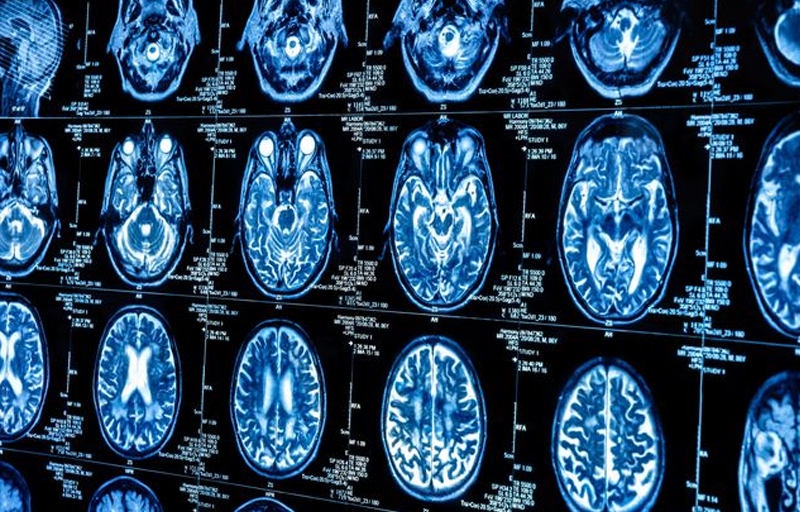
Treat Addiction as a Chronic Brain Disease Rather Than an Acute Illness with a Quick Cure
Hypertension and diabetes are chronic diseases. No one questions that managing them requires long-term commitment — getting regular checkups, using medication when needed, exercising, eating right, controlling stress levels and generally living a healthy lifestyle.
Addiction is also a chronic disease, one for which there is no instant or magic cure. Yet too often, people struggling with substance use are expected to overcome addiction using a quick, one-sized-fits-all approach, says Dr. William Jacobs, Bluff Medical Director.
“Addiction is a chronic brain disease and we have to treat it as such. We can’t treat it like an acute illness,” Dr. Jacobs says. “That’s one of the failings of treatment in this country in the past 20 years. For a long time, patients were diagnosed with an addictive disorder and were pigeonholed into 28-day treatment programs. Some of them didn’t need 28 days. Some of them needed a lot more than 28 days, but that’s what they got.”
At Bluff, Dr. Jacobs leads a multidisciplinary team of physicians, therapists, nurses, counselors and other professionals in offering an individualized, medical approach to addiction treatment. Addiction involves complex biological, behavioral and social factors, all of which must be addressed to give patients the best chance at a sustained recovery.
“Addiction is a chronic medical condition. It’s a brain disease. That’s been given lip service in a lot of treatment areas. At Bluff, we take that very seriously,” Dr. Jacob says. “Our model is a medically driven model.”
Bluff Patients See a Doctor Daily
At Bluff, patients see a doctor almost every day. “That’s really unusual in most treatment centers,” Dr. Jacobs notes. Many people suffering from drug or alcohol addiction also have co-occurring psychiatric problems, or other have chronic illnesses, often directly connected to the substance use. Through Bluff’s affiliation with the Medical College of Georgia at nearby Augusta University, patients have rapid access to neurologists, cardiologists, gastroenterologists, hepatologists and other specialists to deal with their medical issues.
Treatment at Bluff also incorporates holistic therapies, such as low-glycemic meals prepared by skilled chefs, yoga to promote mindfulness and exercise to restore physical strength and well-being. In addition, counselors and therapists help patients cope with the shame & guilt many feel and understand the neurobiological effects of drugs and alcohol on the brain’s functioning and reward system.
“This isn’t about being weak-willed, morally bankrupt, crazy, dumb or stupid,” Dr. Jacobs says. “This is about having your brain hijacked by drugs. If we’re able to treat this like the chronic illness that it is, then patients are going to continue to need to do maintenance therapy – just like a diabetic does to maintain their blood sugar – to maintain their disease of addiction in remission.”








